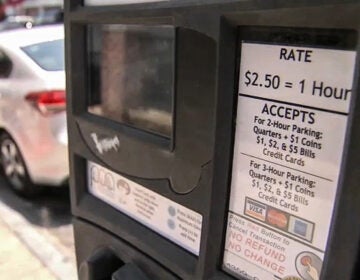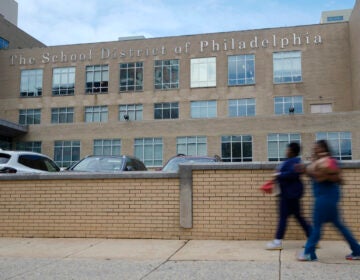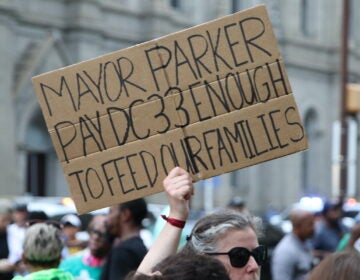Phila. scrambles to preserve property tax revenue after state ruling
Philadelphia finance director Rob Dubow met with other city officials late Monday to consider how the city will respond to the finding of an obscure state agency that could cost the city tens of millions of dollars in tax revenue.
With a single number on a one-page advisory quietly released last week, the State Tax Equalization Board has put Philadelphia’s budget in jeopardy.
The board released its evaluation of how accurately each of Pennsylvania’s 67 counties assesses property values for real estate tax purposes, and Philadelphia flunked.
The board found Philadelphia’s assessments so far off the mark that, under state law, taxpayers who chose to appeal their tax bills could find their payments cut by more than 40 percent.
“It’s an issue of concern to us, and we’re trying to determine what our options are,” Dubow said in a brief telephone interview.
The problem is rooted in the way property tax bills are calculated. The city gives each property a market value, then uses a set ratio of 32 percent to determine its assessed value, to which property tax rates are applied.
So a house the city decides has a market value of $100,000 will have an assessed value of $32,000, and the city’s tax rate will yield a real estate tax of about $2,900.
The State Tax Equalization Board looks at actual sales data. This year, it concluded the market values assigned by Philadelphia were so far off the mark that the city was effectively assessing its properties not at 32 percent, but 18 percent of market value.
When there’s a discrepancy that large, state law provides that any taxpayer who appeals his bill will be evaluated by the state standard of 18 percent assessment, which could lower the taxpayer’s bill by more than 40 percent.
Philip Korb, a veteran real estate lawyer with Ballard, Spahr, LLP said the finding could wreak havoc on the city budget.
“This 18 percent ratio is almost half of the ratio that’s been used,” Korb said. “And many, many properties, if you look out your window in Center City you’ll see many of them, will be able to receive enormous tax cuts. It would cost the city hundreds of millions of dollars.”
The current city budget counts on $487 million in real estate tax revenues.
Dubow declined to discuss the city’s options, but Renee Reynolds, executive director of the State Tax Equalization Board, said the city can appeal the board’s finding on the assessment ratio.
“We’re very open to having them come in at any time and sit down with us and go over those figures,” Reynolds said.
The city could preserve its tax revenue by resetting its assessment ratio to 18 percent to conform to the state’s findings and then raising tax rates, but the city charter prohibits changing tax rates within a fiscal year.
The State Tax Equalization Board is composed of three members appointed by the governor. The current members were all appointed by former Gov. Ed Rendell. Their terms expire in November.
WHYY is your source for fact-based, in-depth journalism and information. As a nonprofit organization, we rely on financial support from readers like you. Please give today.




